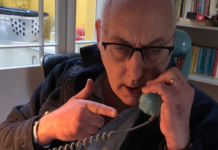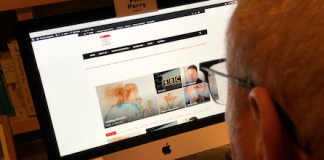- Crime pays - 1st July 2025
- Disabling protests - 30th June 2025
- A good storybook - 30th June 2025
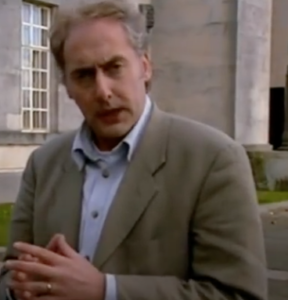
Our Editor Phil Parry here looks at why neutrality and objectivity in journalism are under threat as never before today, but are needed more than ever.
In the past he has described how he was helped to break into the South Wales Echo office car when he was a cub reporter, recalled his early career as a journalist, the importance of experience in the job, and making clear that the‘calls’ to emergency services as well as court cases are central to any media operation.
He has also explored how poorly paid most journalism is when trainee reporters had to live in squalid flats, the vital role of expenses, and about one of his most important stories on the now-scrapped 53 year-old BBC Cymru Wales (BBC CW) TV Current Affairs series, Week In Week Out (WIWO), which won an award even after it was axed, long after his career really took off.

Phil has explained too how crucial it is actually to speak to people, the virtue of speed as well as accuracy, why knowledge of ‘history’ is vital, how certain material was removed from TV Current Affairs programmes when secret cameras had to be used, and some of those he has interviewed.
Earlier he disclosed why investigative journalism is needed now more than ever although others have different opinions, and how information from trusted sources is crucial at this time of crisis.
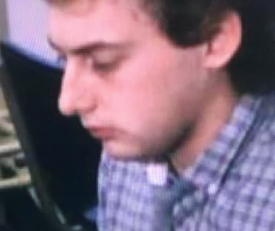
‘A story, is a story, is a story’ was a mantra in my journalism training 36 years ago, alongside ‘check, check, check’.
‘Objectivity’ and ‘neutrality’ were seen as fundamental tenets in any reporting, underpinned by the belief that there were such things as ‘facts’ and ‘truths’.
Now, though, these features are viewed as old fashioned.
Reporting of issues concerned with race and, more than anything else, the rise of ‘citizen journalism’ on the internet are behind this change.
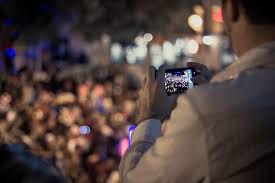
More than 150 Wall Street Journal employees signed a letter saying that they “find the way we cover race to be problematic”.
Over 500 at the Washington Post endorsed demands for “combating racism and discrimination” at the paper.
Journalists at the New York Times tweeted that a senator’s op-ed advocating a show of military force to restore order “puts black @nytimes staff in danger”.

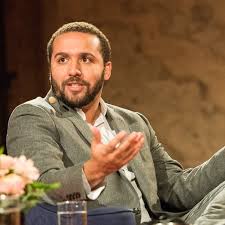
A new generation of journalists is questioning whether, in a hyper-partisan, digital world, objectivity is even desirable.
“’Objectivity’-obsessed…journalism is a failed experiment”, tweeted Wesley Lowery, at CBS News.
The Dean of Columbia Journalism School described objectivity as an “inherited shibboleth” in a message to students.
Disenchanted with objectivity, some journalists have alighted on a new ideal: ‘moral clarity‘.
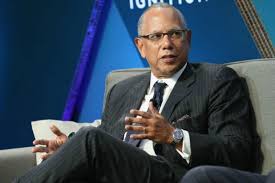
The phrase, initially popularised on the right, has been adopted by those who want media outlets to make clearer calls on matters such as racism.
Objectivity has been “turned into a cartoon”, said the Editor of the New York Times, Dean Basquet.
The division between news and comment, becoming blurred in newspaper journalism, dissolves altogether on the internet.

A study in 2018 found that 75 per cent of Americans could easily tell news from opinion in their favoured outlet, but only 43 per cent could on Twitter or Facebook.
The growing popularity of this kind of ‘journalism’ is closer to home as well.
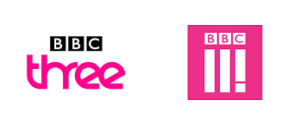

Stacey Dooley (who boasts that being untrained makes her a better ‘journalist’), before a BBC Three documentary on coronavirus/Covid-19, admitted that she was “desperate”, and stated on Instagram: “Hi gang, hello, I’m sure you’re sick of these videos that everyone is posting online. I’m working from home for obvious reasons, I’m making a documentary for BBC Three about coronavirus.”

It seems The BBC may have forgotten that officials had to apologise and edit out Ms Dooley’s inaccurate commentary in a Panorama programme which claimed to portray the truth about Islamic State’s (IS) treatment of women, when she wrongly described holding up an index finger as an “IS salute”.
In the past her programmes have been accused of being “poverty porn” and in one UK newspaper they were called “patronising and condescending to the people they’re trying to help”.
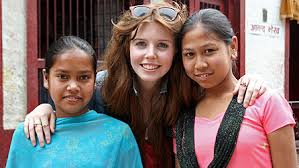
One of her subjects in ‘Stacey Dooley Sleeps Over’, Adele Allen, said: “In the whole 72 hours she was here I did three early morning dog walks at 6am with the baby and she didn’t manage to make it out to one. She couldn’t get up with me – so there’s the lazy one”.
Wales is not immune either to this growing trend for more partisan, non-objective or non-neutral, so-called ‘news’.

It is better, it seems, to push a certain agenda.
This is shown when a supposedly ‘independent’ news ‘service’ funded by the taxpayer claims to serve all “the people of Wales” yet plainly supports Plaid Cymru (PC), or if the man asking for public money to start a fresh one has stood for the same party but claims “we will be politically neutral”.
This move towards one-sided, opinionated, ‘journalism’ cannot be disentangled from the push for celebrity ‘news’ and ‘dumbing-down’, not least in Wales.
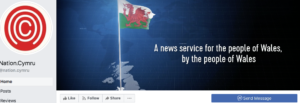
Paul Rowland is the Editor of one of the most important media organisations in Wales, a website called WalesOnline, and threatened to sue me over an accurate satirical piece on The Eye, using the extraordinary words “satire is no defence against libel” when in fact sometimes it can be.
On his website, he advised a reader anxious to break into journalism: “You might not be interested in ’19 mouth watering street food dishes and where to find them in Wales’, and you might believe it’s not something we should be writing (I wouldn’t agree, but that’s fine). That doesn’t mean it’s clickbait.”
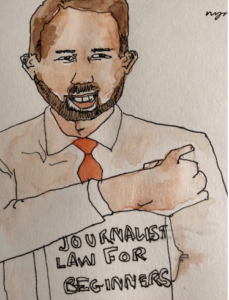
There is however a fight-back among those who think it is important to be neutral and objective in journalism.
I align myself firmly with them.
The danger is that advocates of ‘moral clarity’ slide self-righteously towards crude subjectivity.
Bari Weiss, a New York Times Editor, resigned, criticising what she said was the new consensus at the paper: “that truth isn’t a process of collective discovery, but an orthodoxy already known to an enlightened few whose job is to inform everyone else”.
Tom Rosenstiel of the American Press Institute has said: “If journalists replace a flawed understanding of objectivity by taking refuge in subjectivity and think their opinions have more moral integrity than genuine inquiry, journalism will be lost”.
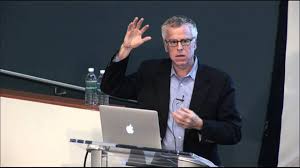
I said this just a few weeks ago, but unfortunately it plainly needs re-stating, and I make no apology for that: IF YOU ARE NOT SEEN AS NEUTRAL AND OBJECTIVE, THEN THOSE WITH OPPOSING VIEWS WILL REFUSE TO COME TO YOU WITH THE OTHER SIDE OF THE STORY!
It is a sad state of affairs when this must be said again.
 Objectivity and neutrality in journalism are critical.
Objectivity and neutrality in journalism are critical.
The memories of Phil’s astonishing 36-year award-winning career in journalism when neutrality and objectivity were central, as he was gripped by the rare neurological condition Hereditary Spastic Paraplegia (HSP), have been released in a major book ‘A GOOD STORY’. Order the book now!







